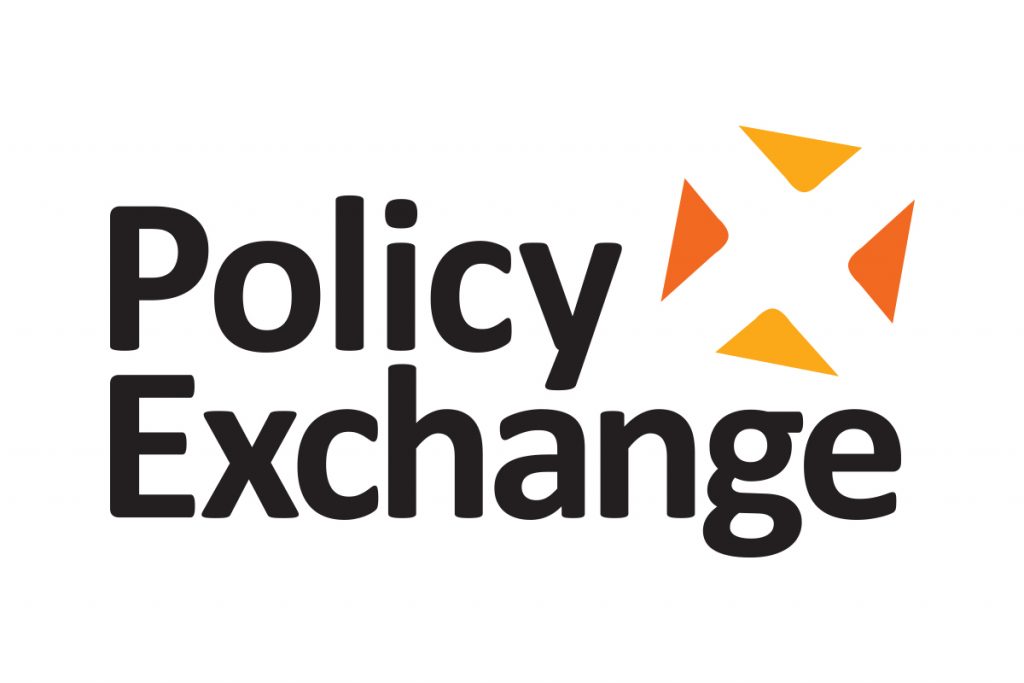While the Apprenticeship Levy has many strengths, the system is not currently delivering the number of high quality apprenticeships that our country needs – with young people, those from disadvantaged backgrounds and SMEs being hit the hardest. In a report with cross-party backing – including from three former Education Secretaries, business groups and the Association of Colleges – we set out a series of reforms in three principal areas:
- Flexibility to support employer-relevant skills. Transforming the Levy to an Apprenticeships and Skills Levy to better support the training of high quality, employer-valued skills, including on shorter and more flexible courses, that the economy demands. These would not only fulfil immediate skills needs, but could lead on to future apprenticeships at higher level in the future.
- Greater support for SMEs. More flexibility, a streamlined process and direct financial support is needed to address market failures and enable SMEs to play the full role in the apprenticeship system that is essential to deliver high quality apprenticeships at scale.
- Increased opportunity for young people. Directly incentivising employers to take on young people, a fairer minimum wage and removing the inequities on child benefit are among measures that will allow young people, whatever their background, to benefit from an apprenticeship.

